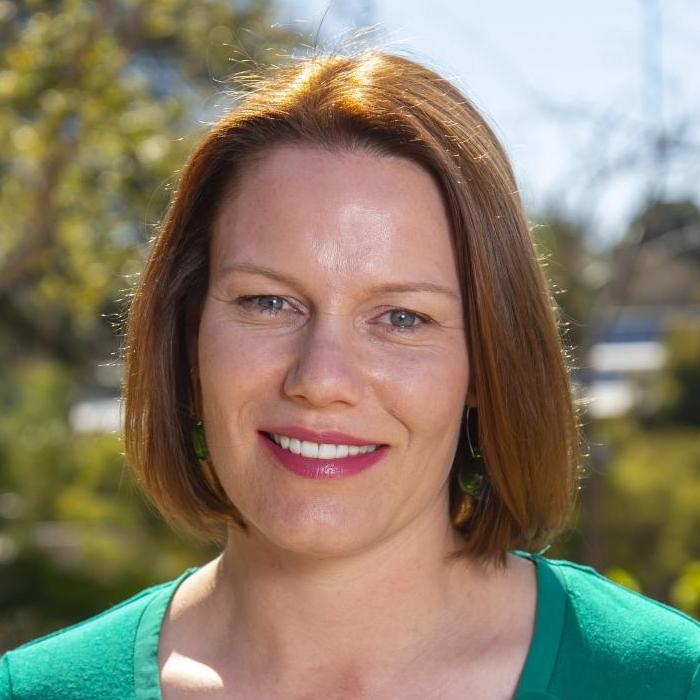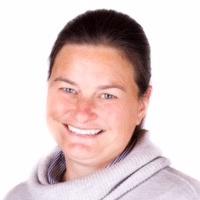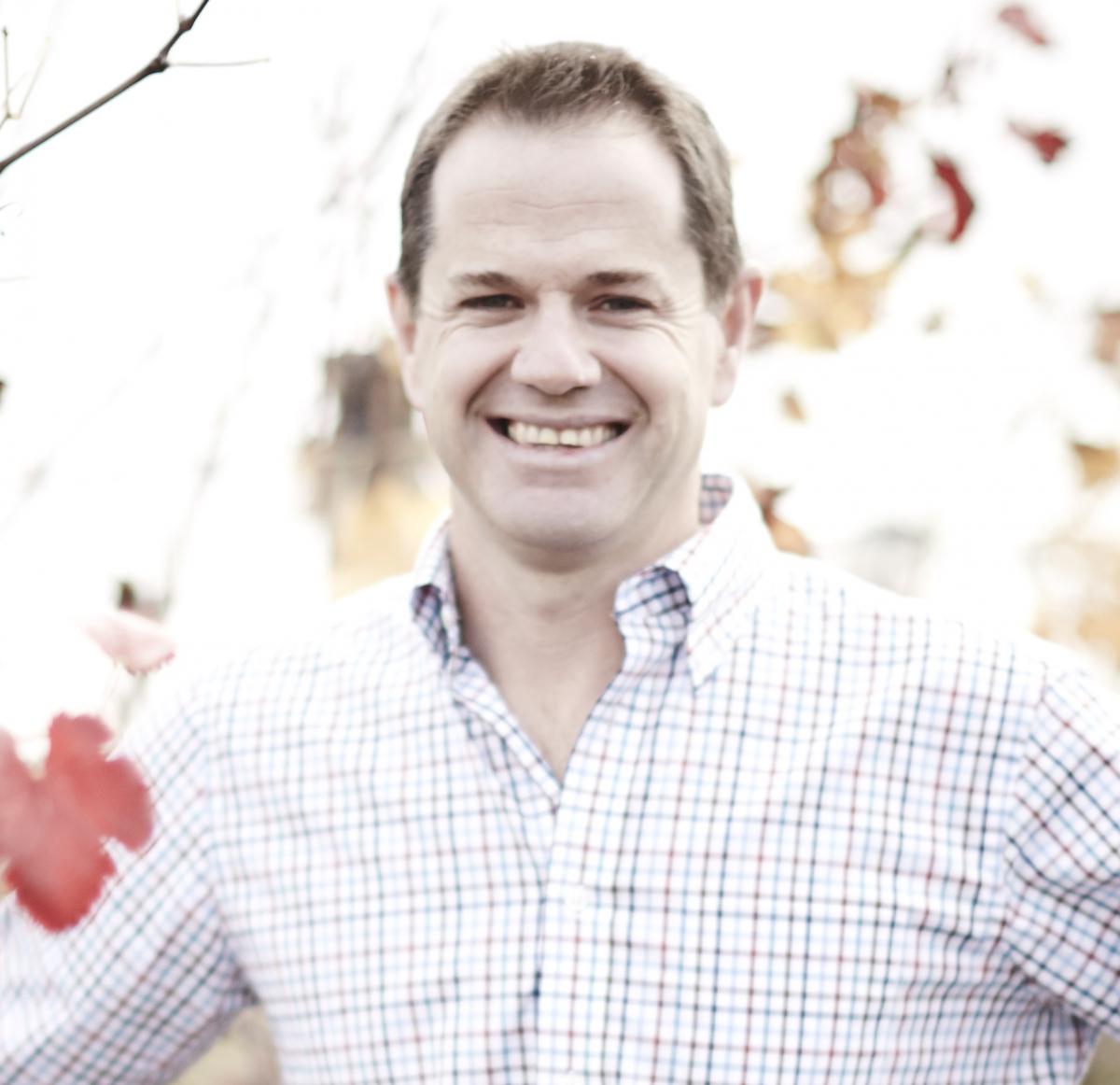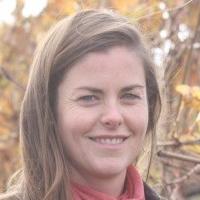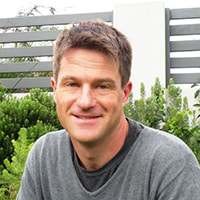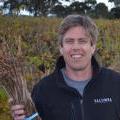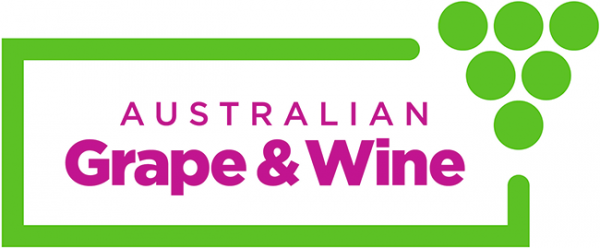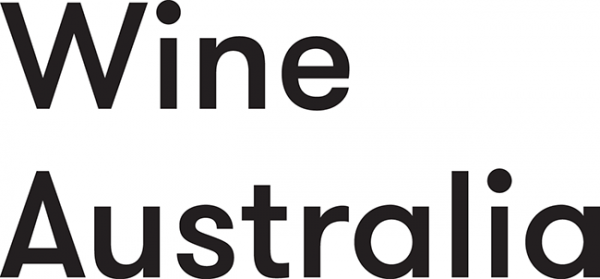The ASVO strives to promote the advancement of professional knowledge, professional skills and professional attitudes, in the fields of viticulture and oenology, in members of the Society. As an industry, we are fortunate to have many very skilled and professional people who are contributing significantly to the industry, inspiring those around them to seek out and adopt innovative practices. The ASVO Awards for Excellence recognises the achievements of some of the most dedicated and professional individuals in the wine industry.
ASVO Viticulturist of the Year Award
This award honours an outstanding viticulturist who demonstrates a broad positive contribution to the Australian wine industry and / or community, improvement from standard practice in their field through adoption of innovative practices, technologies or standards, and contributes positively to the culture of their organisation and the broader wine industry in either a regional, state or national capacity. The nominees’ activities for which they are being recognised must have occurred within Australia over the previous five years. This award is sponsored by Wine Australia.
Selection advisory committee
ASVO Award recipients are nominated by ASVO members, with the finalists decided by an ASVO Board appointed advisory committee, comprised of individuals who themselves are distinguished in the fields of viticulture and oenology who demonstrate exceptional leadership ability and vision. The ASVO committee is identified from members of the ASVO and is formed with due regard to the balance of gender, geographical location, and expertise.
Presentation of the Award
Winners of the ASVO Viticulturist and ASVO Winemaker of the year, along with the ASVO Best Viticultural Paper of the Year, Best Oenology Paper of the Year, and the Dr Peter May Award for the most cited AJGWR paper published in the previous five years, are announced at an Awards ceremony and dinner in November each year.
Award winners
| 2024 | Dr Mardi Longbottom |
| 2023 | Dr Catherine Kidman |
| 2022 | Nick Dry |
| 2021 | Ben Harris |
| 2020 | Dr Mark Krstic |
| 2019 | Dr Kerry DeGaris |
| 2018 | Colin Bell |
| 2017 | Liz Riley |
| 2016 | Colin Hinze |
| 2015 | Ben Blows |
| 2014 | Mathew Bailey |
| 2013 | Ashley Ratcliff |
| 2012 | Amy Richards |
| 2024 | |
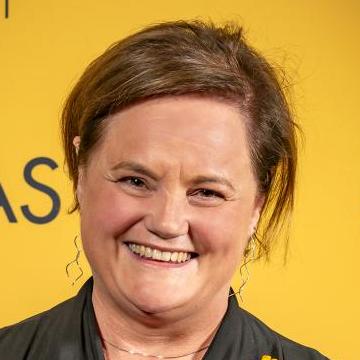 | Dr Mardi Longbottom For her dedicated work to address climate change and sustainability. Mardi holds a Bachelor, Masters and PhD in Viticulture and has spent the past fifteen years focussing on research and the extension into wine industry sustainability projects. This has included important work on regional climate risk analyses, benchmarking of vineyard greenhouse gas emissions, management of corporate water assets, and managing the Australian wine industry’s national sustainability program. She has also held leadership positions including President of ASVO, director of Australian Grape and Wine Inc, and is a graduate of the SA Governor’s Leadership Foundation Program. |
| 2023 | |
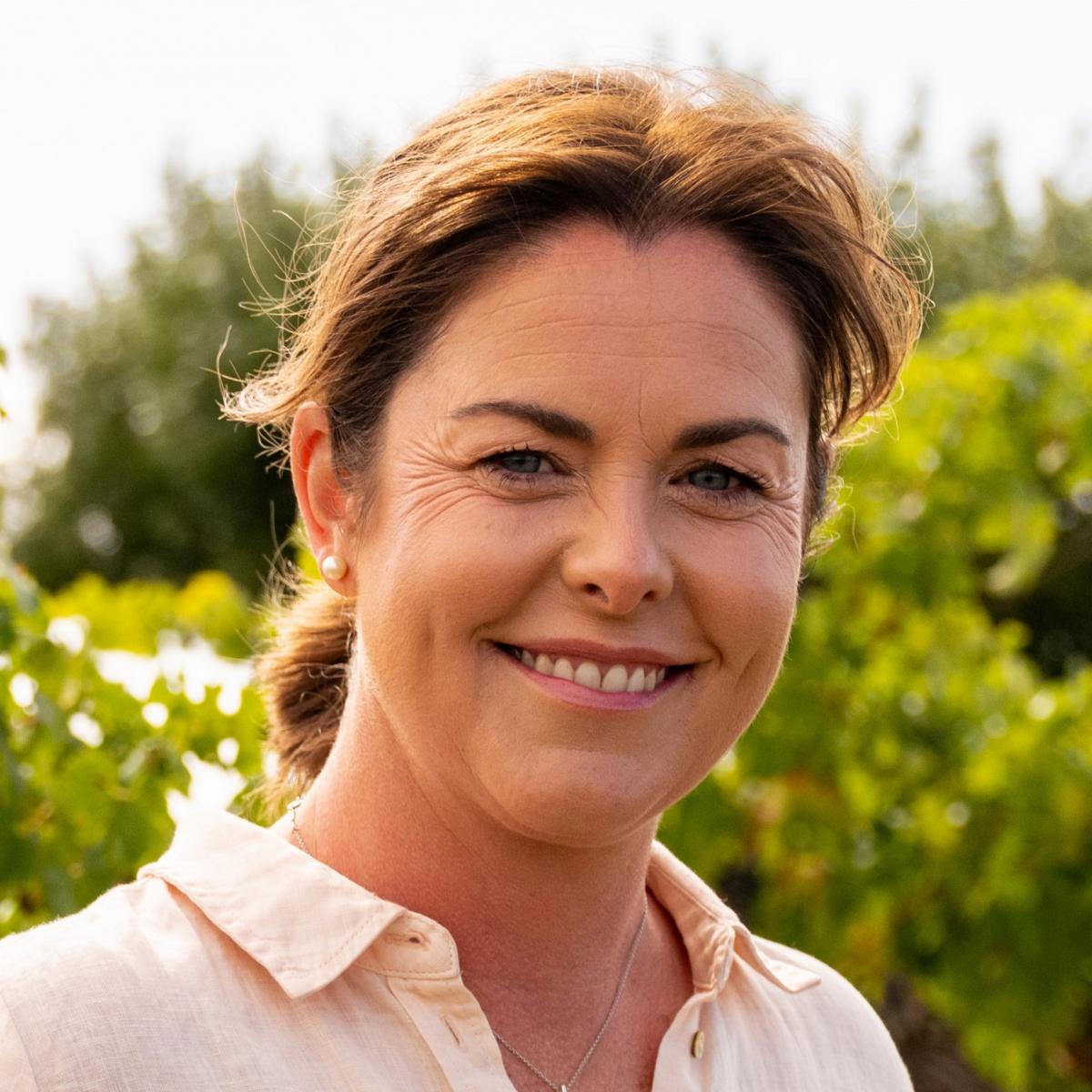 | Dr Catherine Kidman Catherine Kidman is a champion in her field as a Technical Viticulturist who is respected and recognised nationally. She is a fantastic role model and mentor to up and coming viticulturists, supports PhD students as a supervisor, and an active advocate for Women in Wine. |
2022 Finalists:
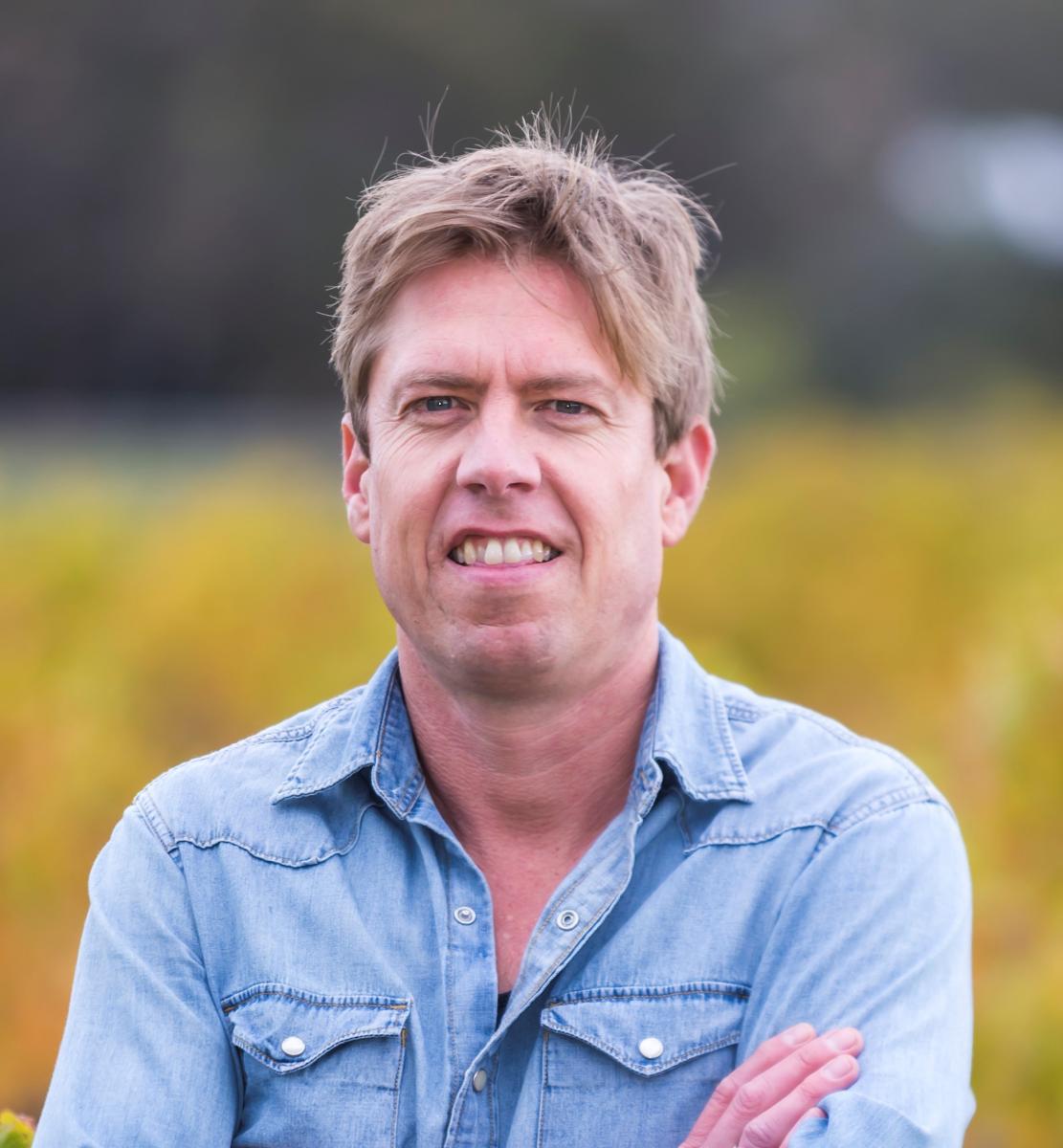 | Nick Dry Nick graduated with a Bachelor of Agricultural Science (Viticultural Science) from the University of Adelaide in December 2000. He was first employed by the Orlando Wyndham Group and spent three years working as a viticulturist in the South-East and Riverland. In 2004 he was appointed to the newly created position of Rootstock Project Manager with the Phylloxera Board of South Australia. While with the Phylloxera board he wrote 'Grapevine rootstocks: selection and management for South Australian vineyards'. Between 2008-2019 Nick managed Yalumba Nursery, during which time he developed an extensive knowledge of variety, clone and rootstock performance, along with an intimate understanding of grapevine trunk disease, grapevine virus, germplasm management and nursery practices. In September 2019 he was awarded the Gourmet Traveller WINE Viticulturist of the year and at the start of November 2019 he parted ways with Yalumba to start his own consulting business ‘Foundation Viticulture’. As a consultant, Nick has been involved with a diverse range of projects including; developing planting and redevelopment strategies, working on propagation supply chain strategy as well as technical communication projects. Nick is currently engaged by Wine Australia as the National Grapevine Collection coordinator.
|
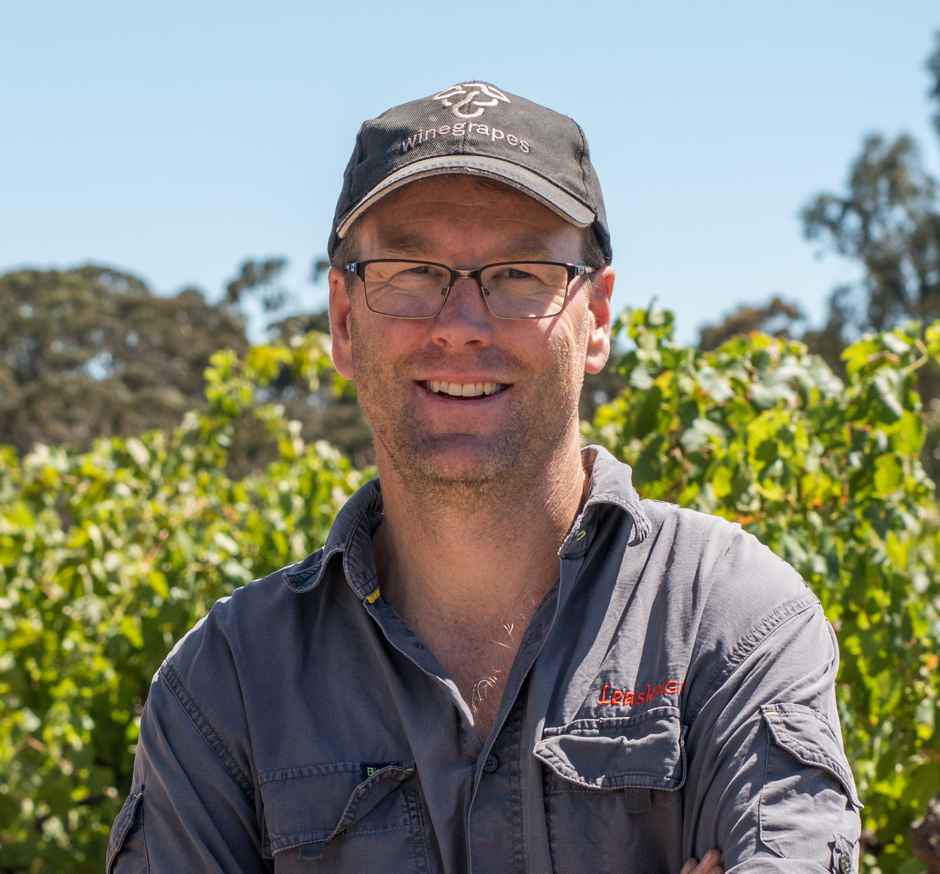 | Richard Leask Richard is an early adopter of alternative (climate appropriate) varieties and rootstock use on traditional varieties in McLaren Vale. Richard has developed his own viticultural system based on the principles of Regenerative Agriculture (increasing soil carbon levels and soil microbial diversity) on 120Ha of family-owned and client vineyards in McLaren Vale. The family wine brand Hither & Yon became South Australia’s first carbon neutral wine brand under the Climate Active program in January 2021. Richard aspires to be a net positive wine producer in the future.
|
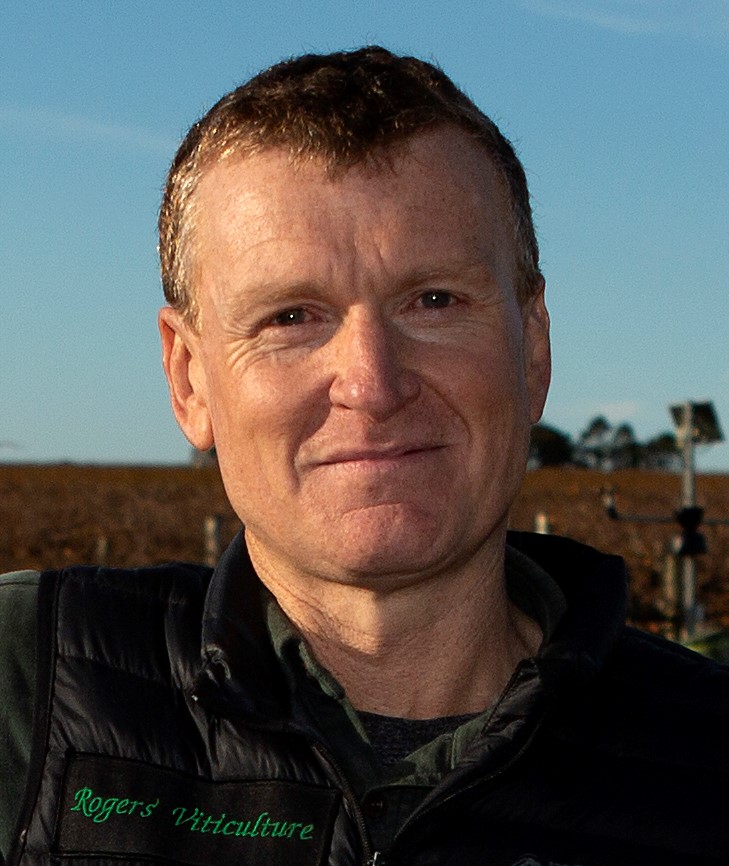 | Chris Rogers Chris Rogers is an independent Viticultural Consultant providing tailored services to winegrape growers, wineries and wine industry organisations, with a focus on the Barossa, Clare Valley, Adelaide Hills and McLaren Vale wine regions. Chris covers all aspects of viticultural management with specialist knowledge in vine nutrition, irrigation management, vineyard assessment and managing vineyards to achieve wine style and quality goals. Chris is a big believer in taking a holistic approach for the long term.
|
2021 Finalists:
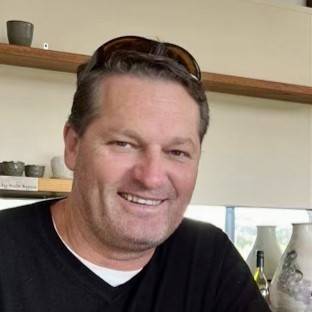 | Darren Fahey, NSW Department of Primary Industries (NSW DPI) Darren graduated with a Bachelor of Horticultural Science (Viticulture) at the University of Western Sydney and researched the use of recycled organic mulch in vineyards across six wine regions of NSW. Since then, he has developed, implemented, and led many trials in association with grape growers across NSW in his role as a regional partner for Wine Australia. In his efforts to improve vineyard management practices and outcomes for growers including the alternate uses of grape marc for food and medicine and the investigation of polymers and single over row netting to maintain yield and quality as mitigation strategies under changing climatic conditions. Darren has been instrumental in developing the NSW DPI Grapevine Management Guide each year as well as the NSW DPI VineWatch newsletters. “My primary passion for viticulture is to lead wine grape growers via knowledge, extension and demonstration of practices to enhance vine management and fruit quality outcomes beyond current practice”, said Darren. |
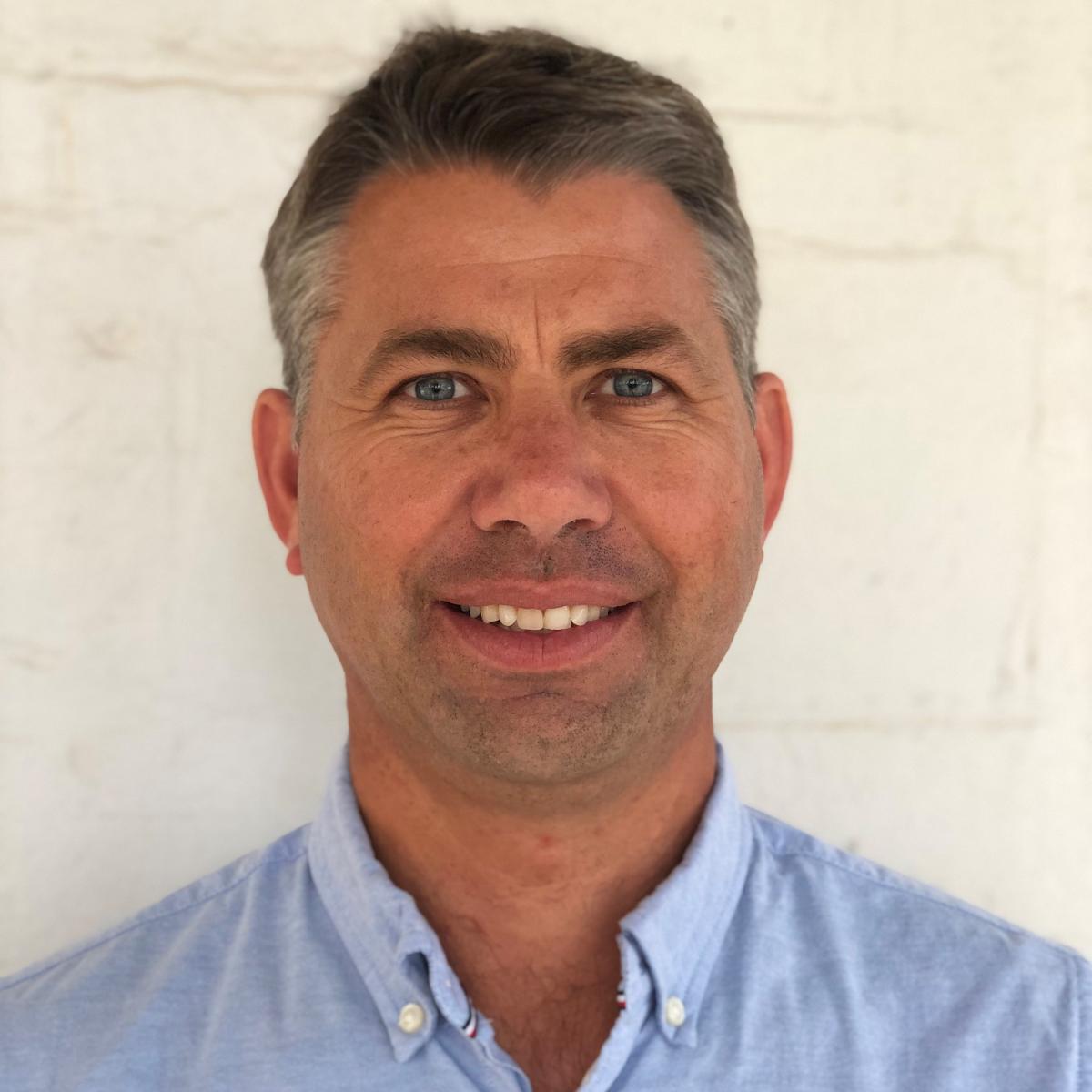 | Ben Harris, Viticulture Manager, Treasury Wine Estates.
|
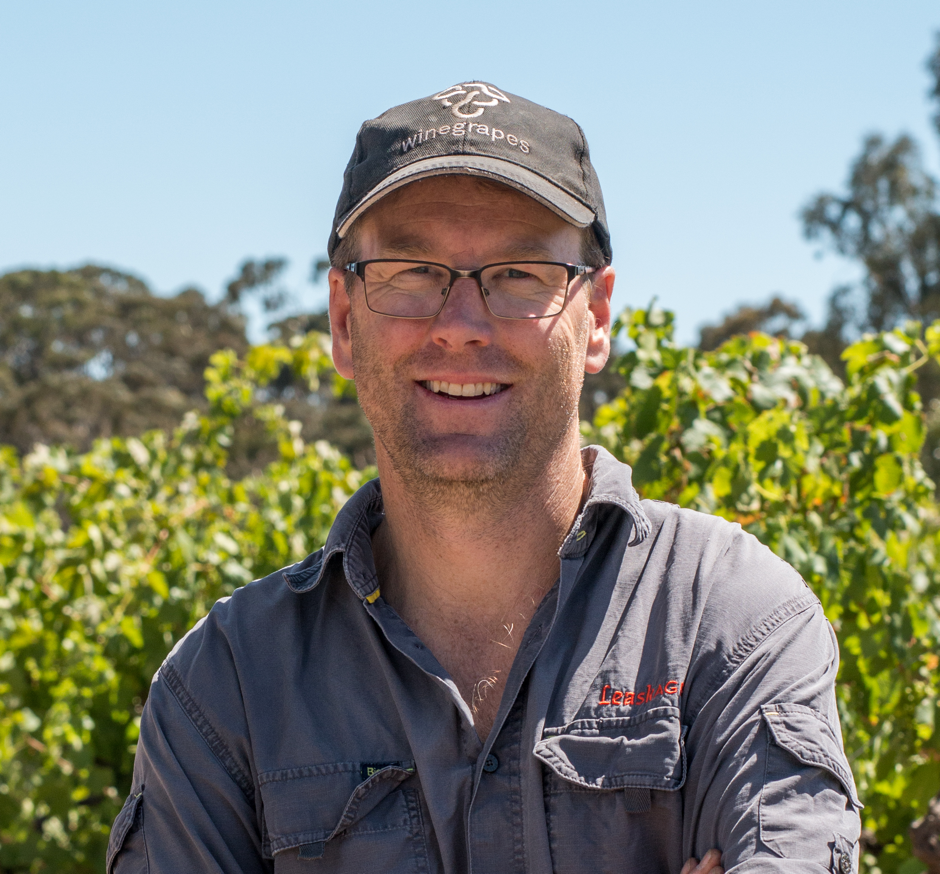 | Richard Leask, Leask Agri Richard Leask is a second-generation winegrower based in McLaren Vale, with twenty-seven years of experience in McLaren Vale, Western Australia, and the Riverland. He is a viticulture Graduate of CSU in Wagga Wagga. Presently, he is at the helm of Leask Agri a vineyard management and contracting company managing family-owned and client vineyards totalling 150ha. He with his brother Malcolm own boutique wine label Hither and Yon with the label and the vineyards that supply it having a strong focus on climatically adaptive alternative varieties. Richard has been an advocate and practitioner of biological farming for over a decade and is one of the founding chapter authors of the Sustainable Winegrowing Australia program. He is a 2017 graduate of the wine industry’s Future Leaders program run by Wine Australia. In 2019 he was awarded a Nuffield Farming Scholarship to study regenerative agriculture systems across farming enterprises globally.
|
2020 Finalists:
| Ben HarrisBen is the Viticulture Manager, Treasury Wine Estates. This role includes the management of the technical viticulture team for Australia and New Zealand. It also includes overseeing the vineyard operations in Tasmania, Western Australia and New Zealand. Ben was born and raised in the Adelaide Hills of South Australia, where he commenced his involvement in the wine industry in 1993. With an interest in wine and agriculture Ben went on to complete a Bachelor of Agricultural Science (Viticultural Science) at the University of Adelaide. He has since worked in several roles throughout Australia, New Zealand and Bordeaux, which include technical and management roles in McLaren Vale and Langhorne Creek, managing the Penfolds vineyard at Robe and managing the Wynns Coonawarra Estate vineyards
|
| Mark KrsticMark Krstic is the Managing Director of the Australian Wine Research Institute (AWRI). Mark has more than 23 years of experience in viticulture research, R&D leadership and executive management. He holds undergraduate and post-graduate degrees in Agricultural Science from the University of Tasmania and an MBA from Mt Eliza/Queensland University. Mark commenced his career in viticulture R&D at CSIRO, Merbein, where he conducted research on grapevine physiology, crop development and yield estimation. Since that time he has worked in key viticulture roles at the Victorian Government’s Department of Primary Industries, the Grape and Wine Research and Development Corporation (now Wine Australia) and the Australian Wine Research Institute, leading a range of R&D initiatives. Mark currently chairs the Australian Wine Industry Technical Conference Inc., is a past President of the Australian Society of Viticulture and Oenology (ASVO) and graduate of the Winemakers’ Federation of Australia Wine Industry Future Leaders Program (2010). He has played a key role in smoke taint research and emergency response since 2006 and recently co-authored a book on soil health Healthy soils for healthy vines (CSIRO Publishing) with Professor Bob White. He is extremely passionate about the grape and wine sector and the outcomes science can deliver.
|
| Suzanne McLoughlin
|
2019 Finalists:
| Kerry DeGaris – Dr DeGaris is the chair of the Technical sub-committee of the Limestone Coast Grape and Wine Council Inc. and has been instrumental in facilitating and conducting research and extension in the Limestone Coast. The projects led by Kerry have enabled growers to better understand and manage challenges including Eutypa, iron bacteria in irrigation water, salinity and Cabernet berry shrivel. Her work has also included winemaking trials from local rootstock trials. Kerry’s passion for locally targeted research has culminated in the development of numerous fact sheets, webinars and workshops which are being utilised nationally and she has presented her work at national conferences. Kerry has further promoted the dissemination of research by facilitating events which foster interactions between PhD students and local growers. “This was an innovative formula,” said Kerry “students could develop potential research topics and growers could form relationships with up-coming researchers." |
| Brett McCLen – McClen is the Chief Viticulturist for Brown Family Wine Group. Brett has incorporated numerous new technologies, new thinking, and innovative approaches to problems and challenges including mechanised cane pruning, recycled spraying to achieve chemical savings and reduce drift, mechanised leaf plucking as a cultural method of reducing bunch rot risk and the use of mechanical shaking as means to reduce bunch trash and bunch compactness to reduce bunch rot pressure. Brett has made significant effort at spreading the message of the importance of adoption of technology and also the importance of adapting to climate and understanding the potential impacts of climate change on vineyards. Brett generously shares his experience by working directly with growers, hosting field days and he has been an invited speaker on these topics at national and international conferences. Brett says, “I am absolutely passionate and unrelenting in striving for incremental improvement in vineyard outcomes year on year – and in particular, doing so without having to resort to crude cost cutting and over extraction of resources from people and the environment. I place importance on being brave, but not reckless in this approach.” |
| Catherine Kidman – Dr Kidman is a Viticulturist with Treasury Wine Estates and has been involved in numerous collaborative projects with local Limestone Coast organisations and the University of Adelaide and Charles Sturt University. These have included optimising irrigation, bud fruitfulness, primary bud necrosis and yield estimation, heritage and clonal selection, enhancing local biodiversity and grapevine virus mitigation. Cath has shared the outcomes of her work at regional, national and international conferences and other forums. Cath says, “a key success is the ability to collaborate and return results that matter to our region. I would like to think that the practices I am working hard to change in our vineyards contribute to the industry being in a better place than where they were yesterday.” Cath is helping to shape the next generation of viticulturists as an honours and PhD co-supervisor. |
2018 Finalists:
| Colin Bell – Colin is a Viticulturist and Director of AHA Viticulture in Western Australia. Colin completed the Future Leader program in 2010 and is now Deputy Chair of Wines of Western Australia and a Director of Australian Vignerons. Colin said “It's easy to imagine innovators as minds working on complex projects like genetic clone identification and dynamics of anthocyanin and flavonol profiles but viticultural practises are also complex; there is no standard that if applied in all situations will achieve the same results. Practises need to be challenged, results need to be reviewed, learnings must be communal, innovation is a way of life.” Colin generously shares his knowledge in every interaction with the wine industry.”Western Australia is remote and I have made an effort to connect our community to the wider wine industry” said Colin “It's important the shared learning goes both ways across the Nullarbor.” |
| Kerry DeGaris – Kerry is chair of the Technical Sub Committee of the Limestone Coast Grape and Wine Council Inc. and has been instrumental in getting a better understanding of challenges such as eutypa, Iron bacteria & Cabernet Berry Shrivel in the region. Kerry’s passion for locally targeted research has resulted in the Best Practice manual and fact sheets that have been distributed locally to grapegrowers and irrigators and featured nation wide on ABC rural hourwith calls received from interested researchers across Australia. Kerry supports and promotes the dissemination of research inviting PhD students from Adelaide University to present to growers in the region. “This was an innovative formula” said Kerry “students could develop potential research topics and growers could form relationships with up coming researchers”. |
| Nick Dry – Nick is the Nursery Manager and Viticulturist at Yalumba Nursery, Barossa, South Australia. Nick joined the Yalumba Nursery team in 2008 and during this time has honed his skills to ensure that customers have access to the best quality scion and rootstock material for their vineyards as well as the best quality information from which to make decisions. Nick strives to continuously improve practices across both the production and customer service aspects of the business with the knowledge that high quality planting material and high quality information on the performance of clones and rootstocks has a direct benefit to the competitiveness of the Australian Wine industry. Nick is a member of the Vine Industry Nursery Association. |
2017 Finalists:
| Lee Haselgrove – Lee is the Viticulturist at Swinney Vineyards, Great Southern, Western Australia. Lee is well-connected throughout the Western Australian wine industry and is sought out for his thought leadership in viticulture and innovation. He is respected by the wine writer community and this unique relationship has enabled him to raise the awareness of viticultural practices in relation to wine style and quality. Lee provides innovative engineering solutions amongst his clientele and demonstrates a deep understanding and commitment to viticultural innovation. Lee is the current Chair of Wines of Western | |
| Liz Riley – Liz is the owner and operator of Vitibit Pty Ltd, a viticulture consulting business based in the Hunter Valley, New South Wales. Liz has 25 years’ experience working in the Australian wine industry on a local, interstate, and international basis. Liz has significant expertise in both practical and technical viticulture and is passionate about implementing research and development outcomes. She thrives on seeing the practical adoption of science in the vineyard. She believes that this is vital to ensure that the Australian Wine Industry maintains its competitive edge. Liz is an active member of the wine industry and its community. In addition to the numerous industry reference groups | |
| Nick Dry – Nick is the Nursery Manager and Viticulturist at Yalumba Nursery, Barossa, South Australia. Nick joined the Yalumba Nursery team in 2008 and during this time has honed his skills to ensure that customers have access to the best quality scion and rootstock material for their vineyards as well as the best quality information from which to make decisions. Nick strives to continuously improve practices across both the production and customer service aspects of the business with the knowledge that high quality planting material and high quality information on the performance of clones and rootstocks has a direct benefit to the competitiveness of the Australian Wine industry. Nick is a member of the Vine Industry Nursery Association. |
2016 Finalists:
| Colin Hinze has implemented Precision Viticulture techniques at Taylors Wines, including vigour mapping through digital multi-spectral imagery, yield mapping with machine harvesters, soil change mapping by electromagnetic conductance measurement, and a detailed digital elevation model of our entire property (over 700 hectares of land).Colin believes the key driver for implementation is to improve vineyard productivity (profit) through improved understanding of vineyard variability. By understanding the key limitations and opportunities of your property, you can maximise the potential of existing vineyards, plus optimise the replanting of new vineyard as part of a redevelopment program. Colin has been a continuous member of the ASVO since 1994, joining as an undergraduate student. | |
| Tony Hoare began field grafting 10 years ago in response to some requests from local growers and one interstate. Tony adopted a standard technique for grafting fine-tuning it to cover large areas cost effectively.Tony's vision was to provide first class grafting in the field to utilise infrastructure and give growers a return to full production after only sacrificing one season of yield. Providing an affordable alternative to replanting and to provide pre and post grafting advice and service to maximise the result for growers. Tony recently developed checklists for growers to assess their suitability of their vineyards for grafting and what to expect pre and post grafting | |
| Nick Dry – Nick is the Nursery Manager and Viticulturist at Yalumba Nursery, Barossa, South Australia. Nick joined the Yalumba Nursery team in 2008 and during this time has honed his skills to ensure that customers have access to the best quality scion and rootstock material for their vineyards as well as the best quality information from which to make decisions. Nick strives to continuously improve practices across both the production and customer service aspects of the business with the knowledge that high quality planting material and high quality information on the performance of clones and rootstocks has a direct benefit to the competitiveness of the Australian Wine industry. Nick is a member of the Vine Industry Nursery Association. | |
| Andrew Pirie from Apogee Vineyard has set up as a research-based vineyard at Lebrina in northern Tasmania to emulate the Grand Cru Vineyards of northern France. The vinyard is used to investigate the economic potential of a Vineyard comparable in scale,intensity and quality to a Grand Cru Vineyard in northern France. Andrew has invested heavily in viticultural inputs including cane pruning and intensive shoot management to form perfect canopies using a new training system to address the issue of high vigour and low yields endemic in this particular region. The system is a unilateral Scott Henry and uses a gap between vines to promote fruitfulness in cane pruned vines. | |
| Elizabeth Riley is based in the Hunter Valley as an independent viticultural consultant. As a specialist generalist she has been driving the adoption of best practice in the region. This has encompassed setting up regional demonstrations and facilitating workshops to engage the local grower community with concepts and practices that they were unlikely to otherwise explore. |
2015 Finalists:
| Ben Harris | |
| Jenny Venus | |
| John Owen | |
| Marty Smith | |
| Richard Hamilton |
2014 Finalists:
| Mathew Bailey | |
| Tony Proffitt | |
| Ben Harris | |
| Cecil Camilleri | |
| Liz Riley | |
2013 Finalists:
| Ashley Ratcliff | |
| Daniel Newson | |
| Mary Retallack | |
| Mathew Bailey | |
| Nathan Scarlett | |
| Tony Proffitt |


